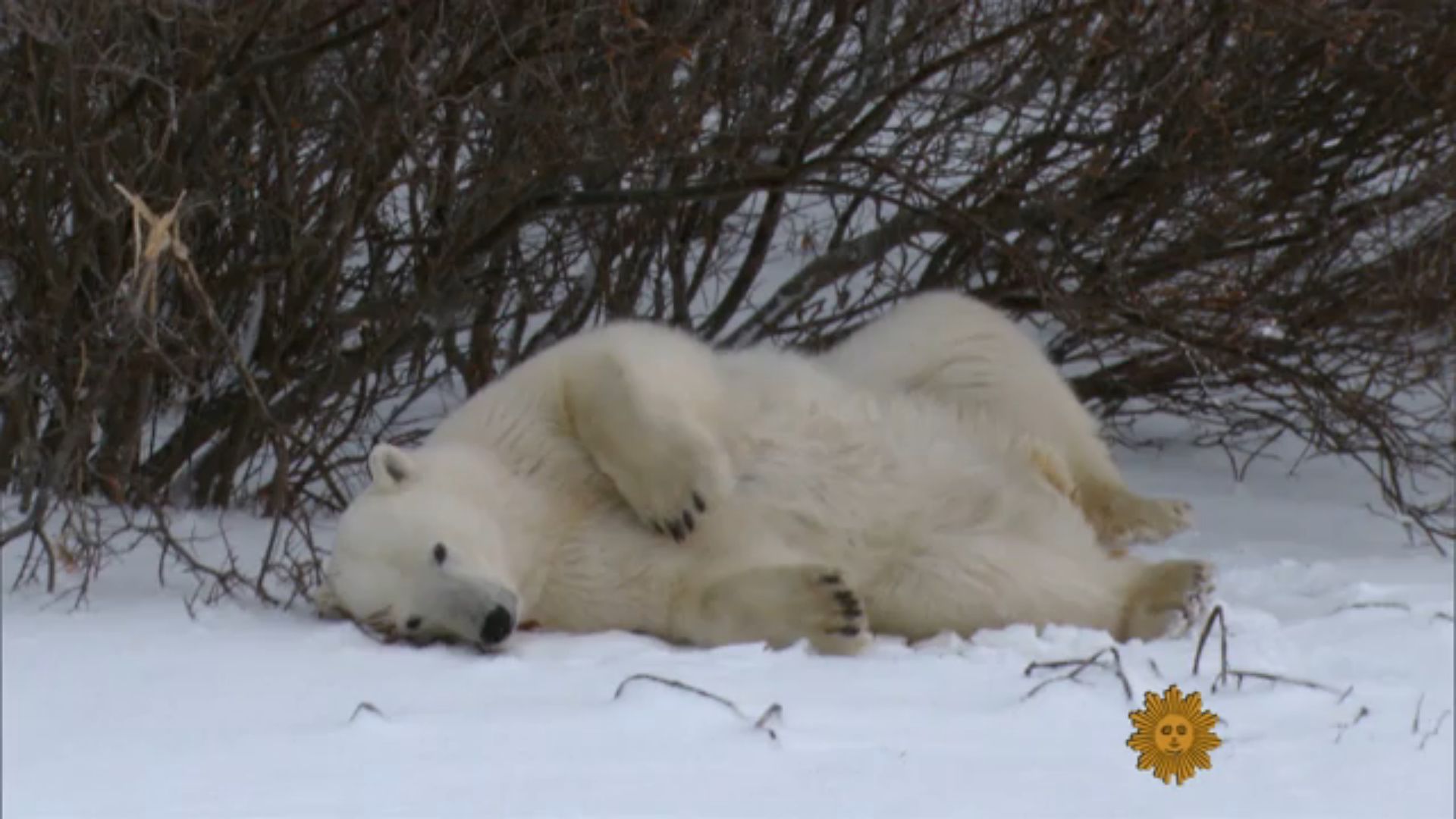If you are feeling depressed or sad for any reason, you may want to STOP READING here. The title of this post should be all you need to know - this is dark material. I'm sorry if it makes you feel worse than if you hadn't read it, but, sometimes, I just have to write down what I'm thinking, to see how it relates to how I'm feeling. This is one of those times. BR
That phrase (the title of this post) is from, "Last Chance To See" - a book written by Douglas Adams and Mark Carwardine in 1990, and it is Copyrighted Material. Perhaps I'll try to contact the authors after I write this post.
Use that link to get to Amazon's listing of this book. Then, use the "Look Inside!" feature and click to, "Back Cover." From there, you can back up a few pages, where, on page 215, you will find a story entitled, "Sifting Through The Embers." I'm thinking its lesson is very similar to this idea: "When an old man dies, a library burns to the ground." This is an old African proverb. That's according to this search result: https://www.bookbrowse.com/quotes/detail/index.cfm/quote_number/345/when-an-old-man-dies-a-library-burns-to-the-ground
Who cares? What does it all mean? I'm sure I cannot explain. But, today, on Sunday Morning on CBS, a man who has spent 35 years studying polar bears said he thinks they may soon be extinct. Statements like that hurt my heart. And, I was immediately reminded of the Adams book I had read about 25 years ago, now. This would be just before the World Wide Web was born.
This is from: http://webfoundation.org/about/vision/history-of-the-web/
By October of 1990, Tim had written the three fundamental technologies that remain the foundation of today’s Web (and which you may have seen appear on parts of your Web browser):
HTML: HyperText Markup Language. The markup (formatting) language for the Web.
URI: Uniform Resource Identifier. A kind of “address” that is unique and used to identify to each resource on the Web. It is also commonly called a URL.
HTTP: Hypertext Transfer Protocol. Allows for the retrieval of linked resources from across the Web.
Tim also wrote the first Web page editor/browser (“WorldWideWeb.app”) and the first Web server (“httpd“). By the end of 1990, the first Web page was served on the open internet, and in 1991, people outside of CERN were invited to join this new Web community.
Again, don't ask me why I've put all of this together. Maybe its a simple juxtaposition of the simplicity of animals in the wild and the complexity of our need to communicate, and the dangerous impact of man's progress. Perhaps through communication we may prevent the extinction of many more species on this planet. Last month, I recall hearing the West African Black Rhino is presumed extinct. http://www.mnn.com/earth-matters/animals/photos/10-animals-presumed-extinct-in-the-last-decade/gone-the-way-of-the-dodo
It's becoming difficult to continue writing on this topic, so here, I stop.
http://www.cbsnews.com/news/the-polar-bear-capital-of-the-world/
http://www.cbsnews.com/pictures/a-gathering-of-polar-bears/

